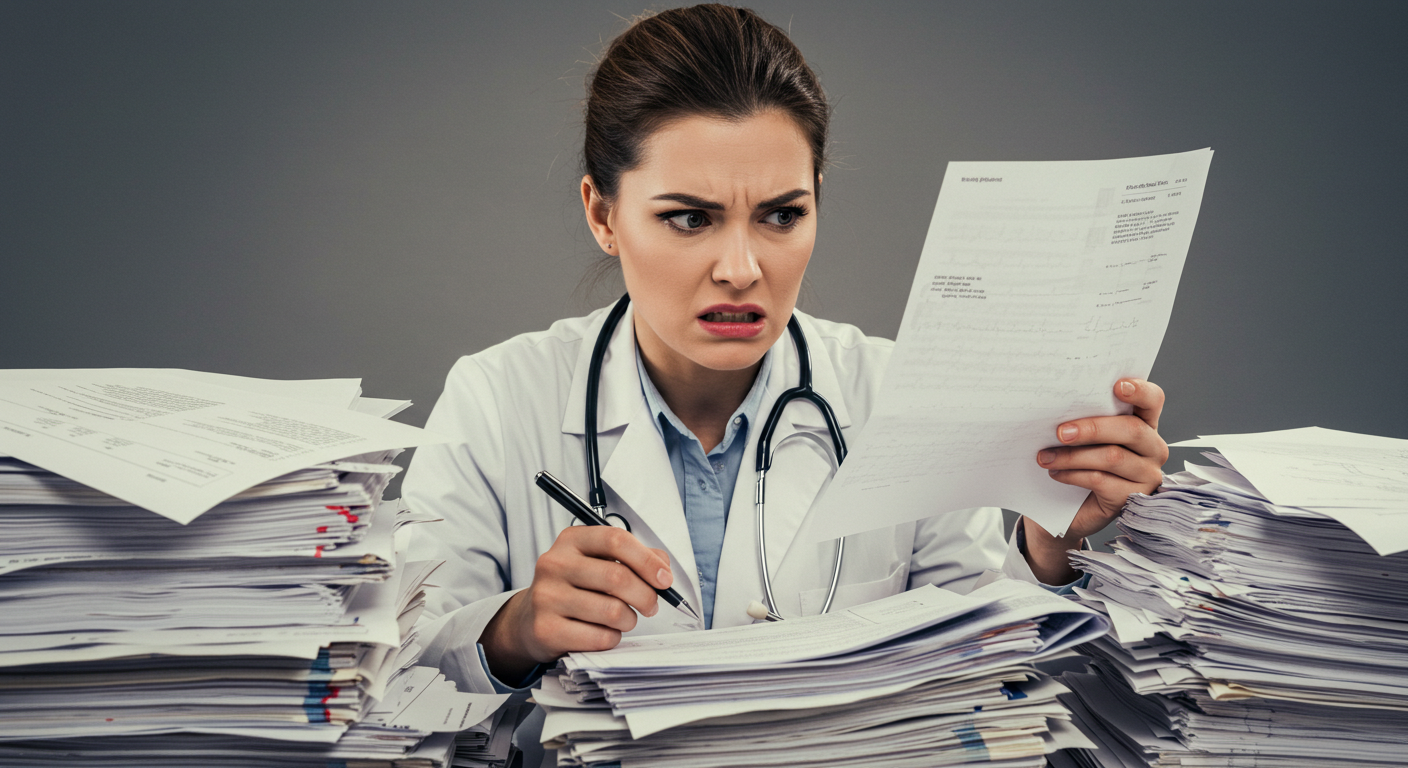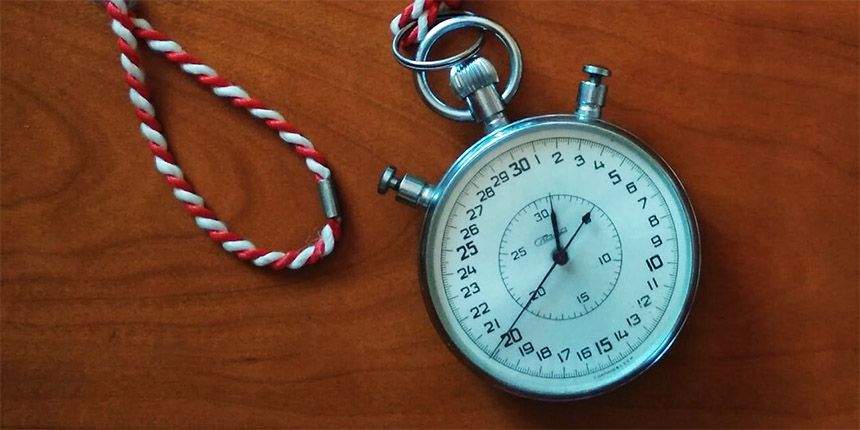
For all patients that we assess, we will request the clinical notes in advance and review these prior to conducting the assessment. This allows us to put together a record of someone's contact with mental health services and their previous admissions. It also allows us to summarise all the previous treatments that the person has …
Read more Sending clinical notes to the AIS

Sending clinical notes to the AIS For all patients that we assess, we will request the clinical notes in advance and review these prior to seeing the patient. This allows us to put together a record of someone's contact with mental health services and their previous admissions. It also allows us to summarise all the …
Read more Sending clinical notes to the AIS

People often assume that if you have compulsions (or other ritualised behaviour) then you must have OCD. However, this isn't automatically the case since rituals and compulsions occur in other conditions, usually those associated with anxiety. This blog explores what we know about compulsions in Generalised Anxiety Disorder (GAD) and Autism Spectrum Disorder (ASD) versus …
Read more Compulsions, rituals, and repetitive behaviours

This post should be read alongside the post on compulsive behaviour and rituals. It is aimed at helping clinicians to differentiate between different types of 'intrusive' thought and to assist the diagnostic process. It covers the types of intrusive thoughts that can occur, and tries to summarise the key features of each. It is written …
Read more Obsessions, ruminations, worries, and other intrusive thoughts

Transcranial Direct Current Stimulation (tDCS) is a type of neuromodulation that was developed decades ago but has generated more interest in recent years. We discuss the evidence for tDCS for depression, and cover the outcomes from some recent studies. Introduction What is Transcranial Direct Current Stimulation (tDCS) for depression? tDCS is the application of a …
Read more tDCS as a treatment for depression

We are often asked about rTMS for depression, particularly whether it is available on the NHS for patients in Scotland. Below, we explore the evidence to support the use of rTMS for depression and look at how patients might access rTMS in Scotland. Introduction This is not intended to be a comprehensive review of rTMS. …
Read more rTMS for depression

This post is a summary of a poster that was presented at the EABCT conference in 2021. We talk about behavioural modification approaches for ritualised behaviour in OCD and other disorders. The full reference is as follows: Buick, R., Cockburn, C. & Christmas, D. (2021) Applying a transdiagnostic approach to treating ritualised behaviour in specialised …
Read more Behavioural modification (pacing) for OCD

We are often asked about whether we provide or recommend esketamine as a treatment for depression. Esketamine is a particular form of ketamine, which has been used to treat depression for many years, although the evidence for long-term benefit is lacking. This is not a complete summary of the evidence for ketamine/ esketamine, but it …
Read more Esketamine for depression

Blog posts (most recent first) Sending clinical notes to the AIS David Christmas AIS, Blog For all patients that we assess, we will request the clinical notes in advance and review these prior to conducting the assessment. This allows us to put together a record of someone's contact with mental health services and their previous...
Read more Blog

We discuss the issue of higher-than-needed doses of antipsychotic medication for augmentation in OCD. This can cause side effects. We briefly review the evidence to support the use of Risperidone in treating OCD and look at typical doses. We go on to make some recommendations for optimum doses of Risperidone. Background In the last year,...
Read more Antipsychotic augmentation in OCD: optimal doses










